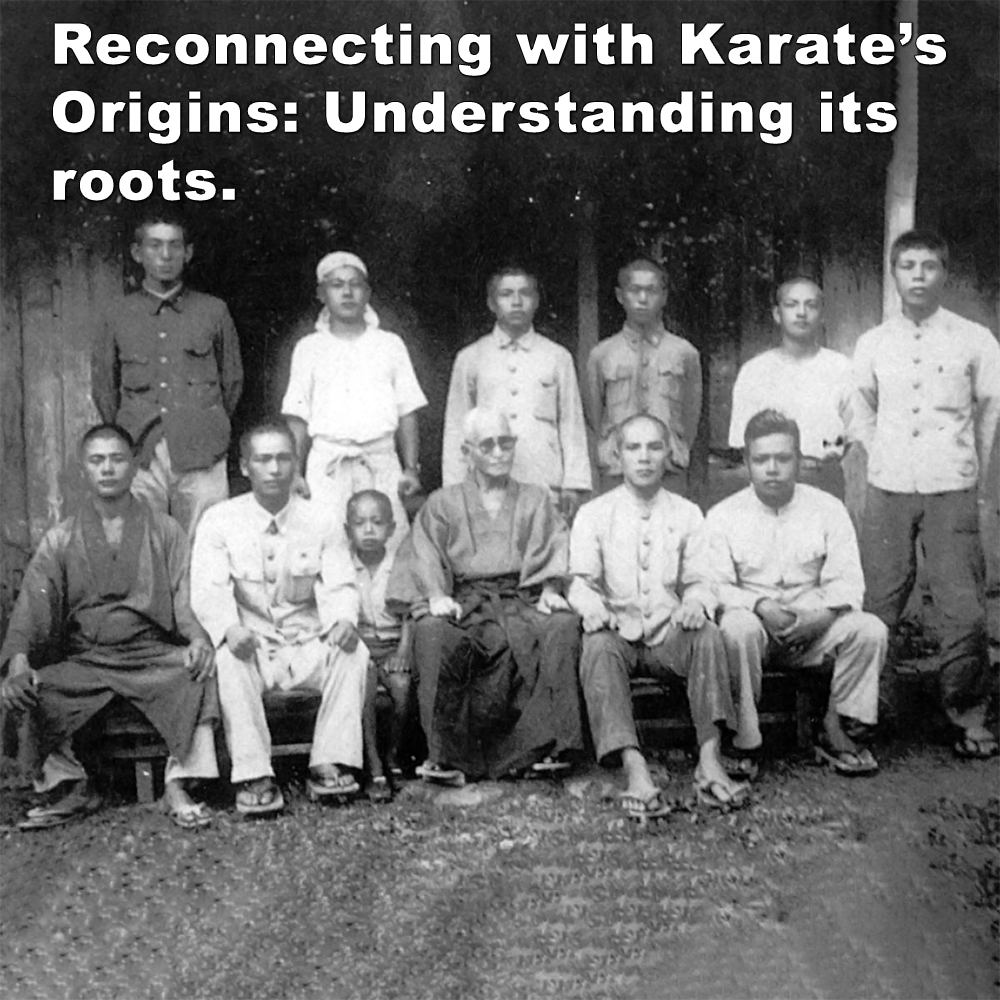
(Approx 1minute 40 second read)
We live in an age where any idea, concept, theory, principle, or fact from history is just a click away.
.
With such unprecedented access to information, one might expect that opinions about martial arts, especially karate, would be grounded in a solid understanding of its rich history and evolution. Yet, many rush to dismiss karate without taking the time to explore its origins, principles, and the context in which it was developed.
.
Before making sweeping judgments, it’s crucial to look back and appreciate the lessons passed down through generations. Only then can you truly understand the enduring effectiveness of this art within its proper framework.
.
Many who dismiss karate do so with scant knowledge, leading to biased opinions. Consequently, they often judge karate solely through its modern interpretation.
.
A couple of comments brought this home to me: one person claimed that karate originated on the samurai battlefield, while another said it was rooted in religious activity. These misunderstandings reflect a lack of awareness about the true history of karate, which was neither born on the samurai battlefield nor rooted in religious rituals.
.
Today, karate is often viewed through the lens of its modern incarnation – point competition, restricted full-contact competition, kickboxing, and more. When your mindset is based on winning and losing, you miss the point of training in karate.
.
One of the primary differences between traditional martial arts and other ‘sports’ is that the latter were invented as games for entertainment. Karate began with the primary purpose of civilian protection and survival – unrelated to the samurai, religion, or competition of any kind.
.
Karate’s roots lie in civilian self-defense, grounded in fundamentals and principles, not sporting techniques or sparring combinations. If your interest is in realistic karate, then consensual fights should not be your primary means of training.
.
If you are a teacher or wish to comment intellectually, you should continually study karate or any martial art.
.
This means not just training but also delving into the art’s history, philosophy, and technique to better understand it and pass it on to your students.
.
To truly honor and benefit from karate, you must delve deeper into its historical and philosophical foundations. By doing so, you move beyond superficial judgments and engage with the art in a way that respects its legacy and reveals its true value. Only then can you appreciate karate for what it truly is.
.
Written by AC
.
.
Photo Credit: Chotoku Kyan (1870–1945) center in glasses
.
.
